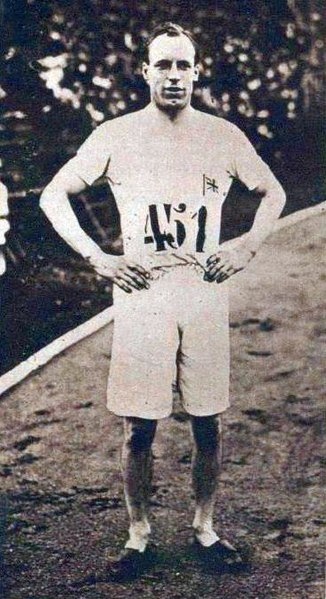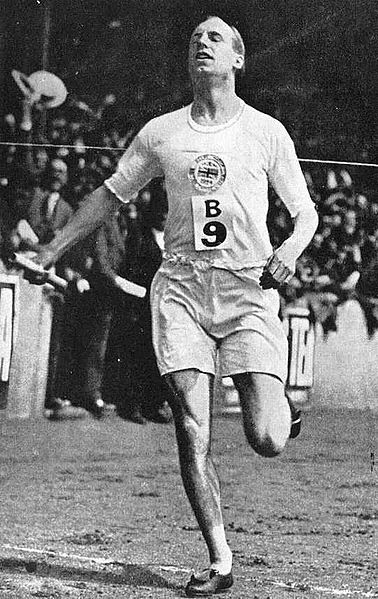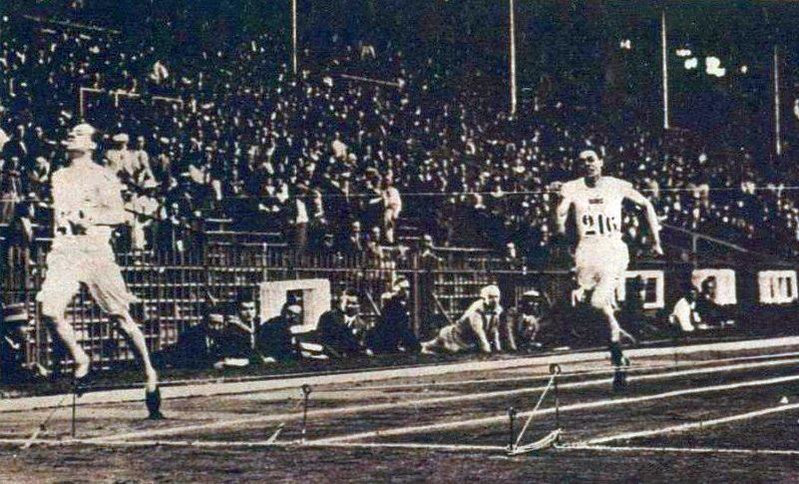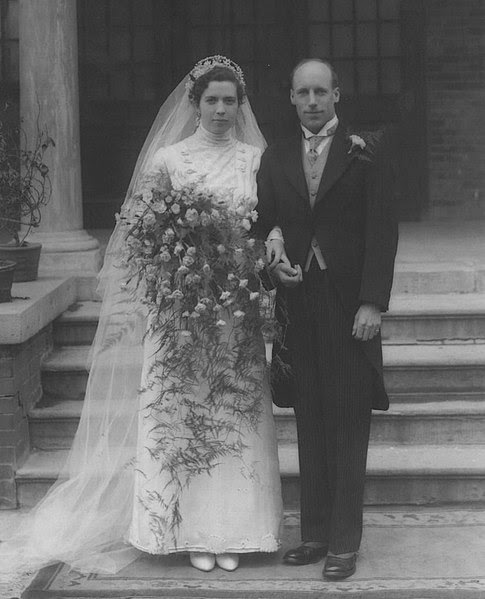He was known as “The Flying Scotchman.”
His name was Eric Liddell and he became world famous in the 1924 Olympics.
Many years later, a movie was made telling the story of that great event and the times leading up to it.
Liddell’s name traveled around the world-partly because he went to the Olympics and refused to run.
Eric was born in China to missionary parents. Very early in his school days, it was discovered that he had an amazing talent for track and field sports. But the driving force of his life and death were his devotion to Jesus Christ and his call to share the gospel.
In her biography of Liddell, Catherine Swift wrote:
“On April 6, 1923, in a small town hall in Armadale, Scotland, Eric Liddell spoke for the first time of his faith in Christ. Eighty people came to hear Scotland ‘s famous runner give his testimony.”
“Shyly, he stepped forward and for a few seconds surveyed his waiting audience, then he began,” writes Catherine Swift in her biography, Eric Liddell.
“There was no lecturing, no fist thumping on the table, no wagging or pointing a finger to stress a point, no raised voice to impress on them what he thought they should be doing. In fact, it wasn’t a speech at all. It was more of a quiet chat, and in his slow clear words, Eric for the first time in his life told the world what God meant to him.”
“He spoke of the strength he felt within himself from the sure knowledge of God’s love and support. Of how he never questioned anything that happened either to himself or to others. He didn’t need explanations from God. He simply believed in Him and accepted whatever came.”
“News of Liddell’s talk was reported in every newspaper in Scotland the next morning. God was preparing Liddell to honor Him, and his testimony still reverberates today.”
Eric made it a point to shake hands with each of his competitors at the beginning of each race. He had his own style of sprinting. He threw himself into the race, running with his head tilted up, knees pumping high, feet springing off the ground with powerful spring in each long stride. Asked how he could tell where the finish line was with his face toward the sky, he answered in his thick Scottish brogue, “The Lord guides me.”
It was typical of Eric Liddell that he ran with all he had. To him, he was running for God and therefore held nothing back. In July of 1923, he competed in the AAA Championships in London and came in first in both the 100-yard dash and the 220. His winning time in the 100 stood as the national record for over three decades. He was awarded the Harvey Cup, which was the equivalent of MVP for the championships.
Then came the Olympics. When the schedule of events was posted, Eric Liddell experienced a mighty shock. The preliminary dashes for his two best races were scheduled for Sunday.
Eric considered Sunday a sacred day of the week. He was accustomed to spending Sunday attending church and involved in the things of God. To compete in an athletic contest on that day was an attack on his conscience. To the horror of many of his countrymen, Eric Liddell took his stand. He would not run on the Lord’s Day. It might cost him an Olympic medal and a chance at fame, but his convictions were more important. Many people tried to convince him to make an exception on this historic occasion, but he remained firm. While others sprinted for a place in the Olympic lineup that Sunday, Eric Liddell was preaching in a Paris church.
Three days later, Erick finished third in the 200-meter race. A bronze medal, but not gold. Still, there was the 400-meter run. But this was not Eric’s specialty. Others were expected to beat him with little trouble.
Shaking hands with the other contestants, Eric dug in his cleats for the start of the race of his life. The gun sounded and the runners were off.
Once again, Eric Liddell gave it his all. Just as he had declined to run because of his faith, now he strained every fiber in his body for the sake of that same faith. He ran for God, and if he could win he would give God all the glory. Arms flailing, legs pumping, Eric flew around the track and crossed the finish line ahead of all the other young men.
His victory was spectacular. He did not win by a nose, but by five full meters. The second place runner was not even close. The Flying Scotsman’s time of 47.6 seconds was a world record. The gold medal was his.
The very next year, Eric went back to China as a missionary. He got married in 1933. Eric often had to travel, frequently by bicycle. It was dangerous work. Japan had invaded China in some of the earliest action of World War II and travelers took their lives in their hands when they ventured into areas where fighting erupted. But people in those places need the gospel just as much as anyone else, so Eric marched steadily ahead on the path God had chosen for him. He would trust God with the results.
In March of 1943, God’s mission for Eric took him into a Japanese internment camp. There he supervised a sports program and taught math while using every opportunity to talk to others about Christ. He was known as the cheerleader of the camp and rose early each morning to study the Bible.
God’s testing of his servant included suffering. Eric developed a brain tumor that caused severe pain in his head. His health declined over the months. In January of 1945, shortly after he turned 43 years old, he was called from prison to heaven. His last words were spoken to a camp nurse. “It’s complete surrender,” he said. Had he lived a few more months, Eric Liddell would have been set free by the end of the war. But he would not have questioned God even if he could have known that. For him, it was “complete surrender” to his Master in all things.
1945 is now a long time ago. But the testimony of the Flying Scotchman lives on. In 1981 his story was told in a famous movie, Chariots of Fire. And another generation was inspired by the testimony of the earnest young man known as the Flying Scotchman.




